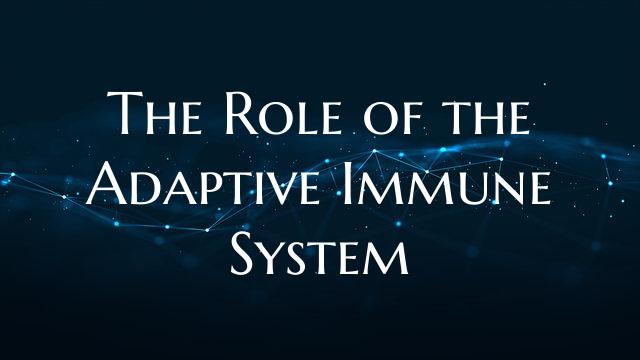The Role of the Adaptive Immune System
Introduction: The adaptive immune system is a complex network of specialized cells and organs that work together to defend the body against pathogens such as bacteria, viruses, and parasites. Unlike the innate immune system, which provides immediate, nonspecific protection, the adaptive immune system mounts a more targeted and tailored response to specific threats, leading to the development of long-lasting immunity.
Key Components of the Adaptive Immune System: 1. Lymphocytes: The adaptive immune system is predominantly composed of two main types of lymphocytes - T cells and B cells. These cells are central players in recognizing and responding to pathogens. T cells can directly attack infected cells, while B cells produce antibodies that target and neutralize foreign invaders. 2. Major Histocompatibility Complex (MHC): MHC molecules are proteins found on the surface of cells that help the immune system distinguish between self and non-self. They play a crucial role in antigen presentation, which is essential for activating T cells and triggering immune responses. 3. Immunological Memory: One of the hallmark features of the adaptive immune system is its ability to remember past encounters with pathogens. Upon initial exposure to a specific pathogen, memory T and B cells are generated, providing a faster and more robust response upon re-infection.
Mechanisms of Adaptive Immunity: 1. Antigen Recognition: T cells and B cells possess antigen receptors that can bind to specific molecules on the surface of pathogens, known as antigens. This interaction triggers a cascade of signaling events that activate the immune response. 2. Clonal Expansion: Upon encountering a specific antigen, T and B cells undergo rapid proliferation, leading to the generation of a large population of effector cells that target the pathogen. 3. Antibody Production: B cells differentiate into plasma cells that secrete antibodies, which can bind to antigens and mark them for destruction by other immune cells. 4. Cytotoxic T Cell Activity: Cytotoxic T cells are specialized in killing infected or abnormal cells. They recognize and destroy target cells by releasing toxic molecules that induce cell death.
Conclusion: The adaptive immune system plays a critical role in protecting the body from a wide range of pathogens. Its ability to mount specific and long-lasting immune responses, coupled with the development of immunological memory, ensures that the body can effectively combat infections and maintain health. Understanding the intricate workings of the adaptive immune system is essential for developing novel therapies and vaccines to combat infectious diseases and improve overall immune function.

